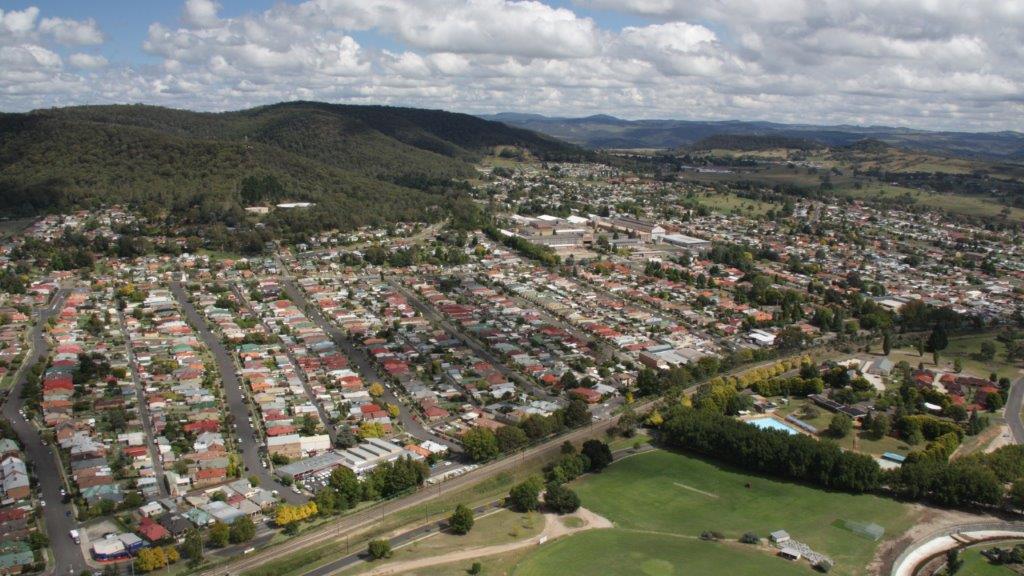The Committee on Enforced Disappearances this morning opened its twenty-sixth session, during which it will examine the reports of Cambodia, Burkina Faso and Honduras on their implementation of the provisions of the International Convention on the Protection of All Persons from Enforced Disappearance.
Simon Walker, Chief, Rule of Law Section, Rule of Law, Equality and Non-Discrimination Branch, Office of the High Commissioner for Human Rights and Representative of the Secretary-General, said the Committee was meeting in a world even more insecure than when they met last year. As part of the pledging ceremony during the Universal Declaration of Human Rights 75 high-level event in December, seven countries – South Africa, Angola, Zimbabwe, Indonesia, Guinea-Bissau, Mozambique and Thailand – pledged to ratify the International Convention on the Protection of All Persons from Enforced Disappearance. Cameroon and Sao Tome and Principe pledged to work towards the ratification of all remaining core human rights instruments, including the Convention. France also pledged to support efforts to achieve more ratifications of the Convention.
The World Congress on Enforced Disappearance from 14 to 16 January 2025 would provide an opportunity to move forward on these pledges, with a view to achieving universal ratification. The discussions around a possible Convention on Crimes against Humanity also provided another opportunity to strengthen international protection against enforced disappearances.
The Office of the High Commissioner continued to support the strengthening of the treaty bodies. The views expressed by States indicated broad support for a predictable calendar of State party reviews, the harmonisation of working methods, and the increased use of digital tools. Despite this, the budgetary constraints facing the United Nations, coupled with a prolonged liquidity crisis, were having an adverse impact on the proper functioning of the treaty body system. The crisis risked further increasing the backlog of the treaty bodies. States needed to step up and provide the resources essential to the proper functioning of treaty bodies.
Mr. Walker reiterated that effective from January 2024, the United Nations Office at Geneva had ceased servicing hybrid or virtual meetings, which affected all meetings taking place at the United Nations in Geneva, including those of the treaty bodies. Looking ahead to 2024, the shared strategic goal was to mobilise support from States for the strengthening of the work of the treaty bodies based on the Chairs’ conclusions and the Working Paper prepared by the Office of the High Commissioner for Human Rights. Mr. Walker wished the Committee a successful and productive session.
Olivier de Frouville, Chairperson of the Committee on Enforced Disappearances, said that during the session, the Committee would consider the report of Cambodia, and would hold dialogues with the delegations of Burkina Faso and Honduras on the basis of the additional information submitted by those two States parties. It would also adopt lists of issues for Malawi and Belize. To date, the Committee had registered urgent actions procedures concerning 1,734 people, mainly in Iraq and Mexico, and in 30 other countries. The Committee would review and approve its report on its urgent action procedures, and highlight priority issues.
The Committee was pleased to announce that Colombia had notified its availability to organise a visit in 2024, which would be discussed at the upcoming session. To carry out these tasks, the Committee needed to be supported by a well-defined procedural framework. The twenty-sixth session would also be an opportunity for the Committee to continue the necessary revision of its rules of procedure. Similarly, the Committee would continue to consider a number of thematic issues relating to the interpretation of the substantive provisions of the Convention, including the issue of so-called “short-term” enforced disappearances, and the impact of enforced disappearances on women and women’s rights. The Committee would adopt its annual report, which was due to be presented at the next session of the United Nations General Assembly.
The Committee also planned to use several time slots during its meetings for bilateral meetings with States, civil society actors, and other stakeholders, to discuss issues of common interest. In these times of peril, the horror of enforced disappearance, far from being eradicated, continued to spread. The International Convention for the Protection of All Persons from Enforced Disappearance was now the cornerstone of this global struggle. Becoming a party to the Convention was not an option for States: it was an obligation for all to condemn this practice and commit to fighting it.
The Committee was engaged with other partners in a strategy of general mobilisation against enforced disappearance. A major step in this commitment would be the World Congress against Enforced Disappearance, to be held from 14 to 16 January 2025. This current session would be an opportunity for the Committee to take stock of this project with its partners. Mr. de Frouville concluded by paying respect to all the victims of enforced disappearances and their families.
Andrea Torres Bautista, of the Nydia Erika Bautista Foundation, said her cousin Nydia Erika Bautista had disappeared in 1987. The Foundation had been working with eight women’s organizations that had identified a common denominator of violence against women who were looking for loved ones who had disappeared forcibly. For this reason, they had drawn up a draft bill for women who were protecting the rights of their loved ones who were victims of enforced disappearance. The first section of the bill addressed the right to life, freedom and integrity. The second section addressed economic and cultural rights, including the right to health care, the right to a pension, the right to employment and the right to housing. The third section of the law recognised the families of those with loved ones who had disappeared, as peace builders. This had been discussed in the Senate, however, the chauvinistic attitudes of many senators posed a challenge. The final text found that 95 per cent of those dedicating their lives to looking for their disappeared loved ones were women.
Carmen Rosa Villa Quintana, Committee Expert, thanked Ms. Torres Bautista for her moving testimony. Nydia Erika Bautista was a victim of enforced disappearance. Since August 30, 1987, the date of her disappearance, her relatives had undertaken the arduous and painful task of searching for her. As a result of this work, in 1997, the Bautista family received threats that forced them to leave Colombia and go into exile. The Nydia Erika Bautista Foundation for Human Rights dedicated itself to the protection of the rights of women and family members who were victims of forced disappearance. Ninety-five per cent of the relatives of disappeared persons who had undertaken the search were women, and because of their work they were victims of violence, stigmatisation, threats, forced displacement, abduction, torture and sexual violence.
The Bill for the Protection of the Rights of “Women Searchers”, promoted and led by the Nydia Erika Bautista Foundation, together with eight organizations, represented a very important step for Colombia. Its approval by Congress would constitute a historic milestone, not only for her country, but also for many countries around the world. It would mean that mothers, daughters, wives, sisters and relatives of victims of enforced disappearance, turned into “women searchers”, would be given the recognition they deserved for their persistent and tireless search work. The “women searchers”, recognised as human rights defenders and peacebuilders, needed to be guaranteed comprehensive protection, access to health services, education and social security.
The Guiding Principles on the Search for Disappeared Persons, adopted by the Committee on Enforced Disappearances, made it easier for States to comply with their treaty duty to search and trace. The Committee emphasised the need for States to systematically integrate a gender approach at all stages of search and investigation, and joined in the recognition of the work of “women searchers”. States parties needed to respond to the call of thousands of women committed to searching for, and finding their relatives alive and returning home.
The Committee adopted its agenda for the session.
All the documents relating to the Committee’s work, including reports submitted by States parties, can be found on the session’s webpage. Webcasts of the meetings of the session can be found here, and meetings summaries can be found here.
The Committee will next meet in public on Monday, 11 September at 3 p.m. to start its consideration of the initial report of Cambodia (CED/C/KHM/1).








